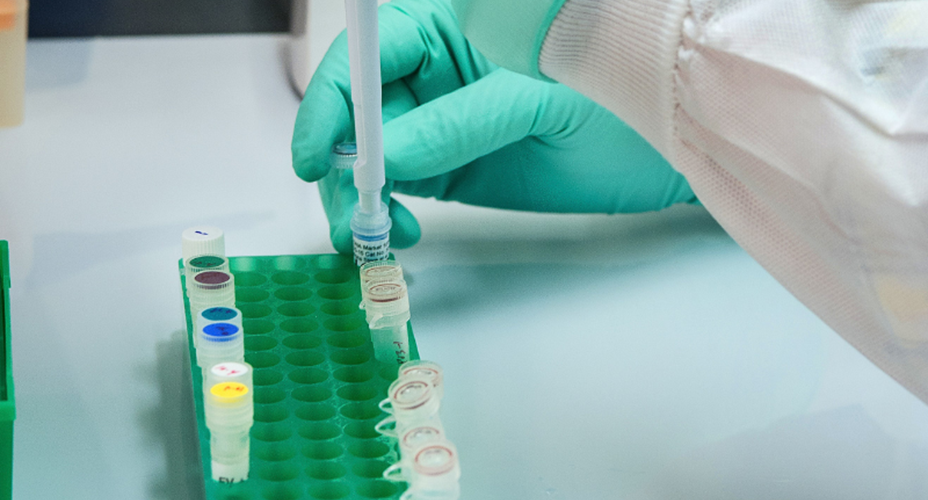A drought-resistant perennial grass could help in the fight against cancer, University of the West of Scotland (UWS) research has revealed.
Studies led by UWS academics, in collaboration with partners in Egypt, looked at the grass extract and the effect against five different tumour cells. The research uncovered great potential to develop effective cancer treatments.
The grass species (Stipagrostis plumosa) is commonly found in the desserts, such as northern areas of Sahara and parts of North African and Persian Gulf countries. It belongs to a family of species that holds a variety of medicinal properties, including antioxidant, anti-inflammatory and antibacterial bioactivities.
Professor Milan Radosavljevic, Pro Vice-Chancellor Research, Innovation and Engagement at UWS, said: “This is an exciting discovery, and using readily available, low-cost natural sources to develop effective treatments for Cancer will provide a variety of societal benefits.
“UWS has a broad range of internationally-renowned research expertise, and I am incredibly proud of the tireless commitment from our academics to find solutions to some of the world’s most urgent issues.”
Cancer causes more than one in four of all deaths in the UK. Despite the advancement of treatment, its threat to public health continues and finding other suitable and cost-effective treatments remain a worldwide priority.
Dr Mohammed Yaseen, Lecturer in UWS’s School of Computing, Engineering and Physical Sciences, said: “Throughout the history of humankind, the use of natural products has been instrumental in treatment of various ailments. This natural treasure of bioactive compounds not only can offer effective activity but also a scaffold for new low-cost, more effective drug development.
“This research is the result of close collaboration with a multidisciplinary team of international partners and we are looking forward to the next stages, as we seek to move towards pre-clinical trials.”
Natural plants form the basis of many medications – some references say more than 80 per cent of drug substances are either directly derived from natural products or developed from a natural compound.
Although initial research findings are extremely positive, further experimental studies are required, and plans are now in place to continue the research on a larger scale.


